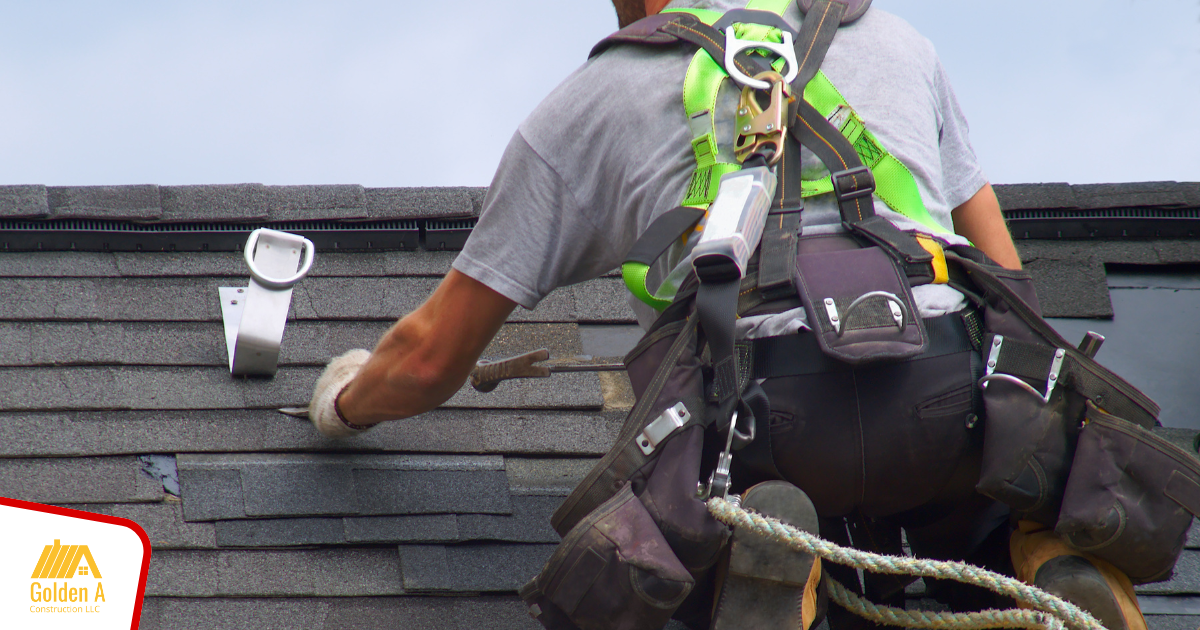5 Crucial Considerations When Signing a Warranty

5 Crucial Considerations When Signing a Warranty
Warranties are essential when making significant purchases, especially for products like roofing, appliances, or vehicles. They offer peace of mind and assurance that your investment is protected. However, it's crucial to pay close attention to the terms and conditions of any warranty before signing on the dotted line. In this blog post, we'll delve into five critical factors to look out for when signing a warranty, building upon the importance of warranties mentioned in our previous blog about hiring a roofing contractor.
- Coverage Details: The first thing to examine when reviewing a warranty is its coverage details. What exactly is covered, and what is not? Be sure to understand the scope of coverage for parts, labor, and any potential exclusions. In the context of a roofing warranty, this might involve knowing whether it covers both materials and workmanship or just one of these aspects. A comprehensive warranty typically covers defects in materials and workmanship.
- Duration and Terms: Warranties come with a set duration, and it's vital to know how long your protection lasts. Some warranties may cover a few years, while others could be for a lifetime. Pay attention to any conditions that may void the warranty, such as improper maintenance or modifications to the product. Understanding the terms of the warranty will help you manage your expectations and plan for future maintenance or repairs.
- Transferability: Consider whether the warranty is transferable if you sell your home or product. A transferable warranty can add value to your property or item, as the new owner can inherit the remaining coverage. Non-transferable warranties are often less attractive in resale situations, so factor this in when assessing the warranty's overall value.
- Warranty Provider Reputation: Just as you would research the reputation of a roofing contractor, it's equally important to investigate the reputation of the company providing the warranty. Reputable warranty providers are more likely to honor their commitments and provide efficient support when needed. Look for reviews and ratings of the warranty provider to gauge their track record.
- Maintenance and Inspection Requirements: Many warranties come with specific maintenance and inspection requirements that must be followed to keep the warranty valid. For example, in the case of a roofing warranty, regular roof inspections and maintenance may be required. Failure to meet these requirements can void your warranty. Make sure you understand these obligations and are willing to fulfill them to maintain your warranty coverage.
Signing a warranty is not just a formality but a crucial step in ensuring that your investment is protected. By carefully considering the coverage details, duration, transferability, reputation of the warranty provider, and maintenance requirements, you can make an informed decision when signing a warranty. Remember that a warranty is a two-way commitment, and both you and the provider must fulfill your respective responsibilities to ensure the warranty remains valid and beneficial.






